Hemorrhoids: Symptoms, Causes and Natural Support Strategies
Hemorrhoids are normal in all individuals from birth. These vascular structures or “cushions” help regulate bowel movements at the end of the rectum. However, people who experience the embarrassment of hemorrhoids often associate their condition with having symptoms of enlarged hemorrhoids. (2, 3)
Millions of people across the globe are affected by hemorrhoids with complaints of them primarily from the age population between 45 and 65. Both lifestyle modifications and more invasive approaches such as rubber band ligation and surgery are used to treat hemorrhoids. (5)
Many people are reluctant to talk about their problems with hemorrhoids but this is a common issue and can cause a lot of challenges for your quality of life. In this article, I will go over some great natural support strategies for digestive and rectal health.
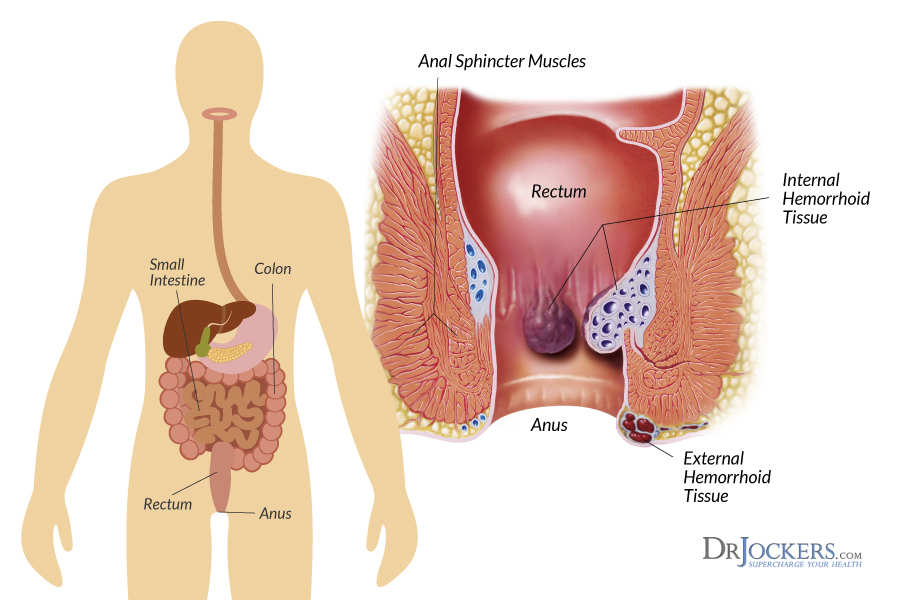
What are Enlarged Hemorrhoids?
Inflamed or enlarged hemorrhoids are common with pregnancy, following childbirth, and obesity and can occur due to chronic constipation. Increased pressure on the anus causes veins and tissue to swell and bleed while having a bowel movement. Pain may be experienced while having a bowel movement if a blood clot forms.
Two kinds of hemorrhoids are internal and external. Typically, discomfort primarily occurs with external hemorrhoids while internal hemorrhoids are generally painless. Common symptoms include: (1, 2)
- Anal itching
- Mucus discharge at the anus
- Anal pain and burning while sitting, especially on a toilet
- Bright red blood from the rectum
- Tender lumps or masses near the anus
- Possible iron deficiency
Hemorrhoids can occur under the following circumstances: (1, 4)
- Constipation
- Sitting for an extended period of time
- Diseases including liver cirrhosis
- Straining during bowel movements
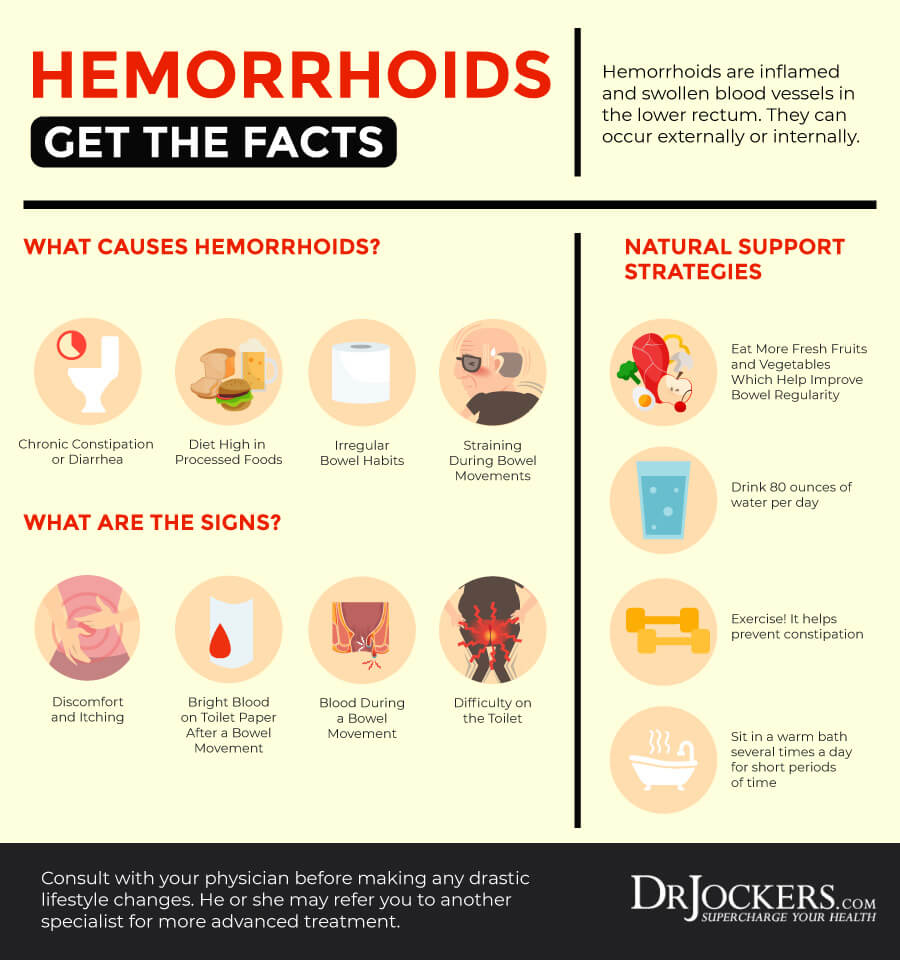
Natural Support Strategies For Rectal Health:
Maintaining a healthy digestive system is one of the simplest ways to prevent and treat uncomfortable hemorrhoids. In this section, I will go over some great strategies to improve your overall digestive and rectal health.
It is important to note that these strategies are not FDA-approved to prevent, mitigate, treat, or cure hemorrhoids and should not be confused as such. These strategies are meant to support good digestive and rectal health.
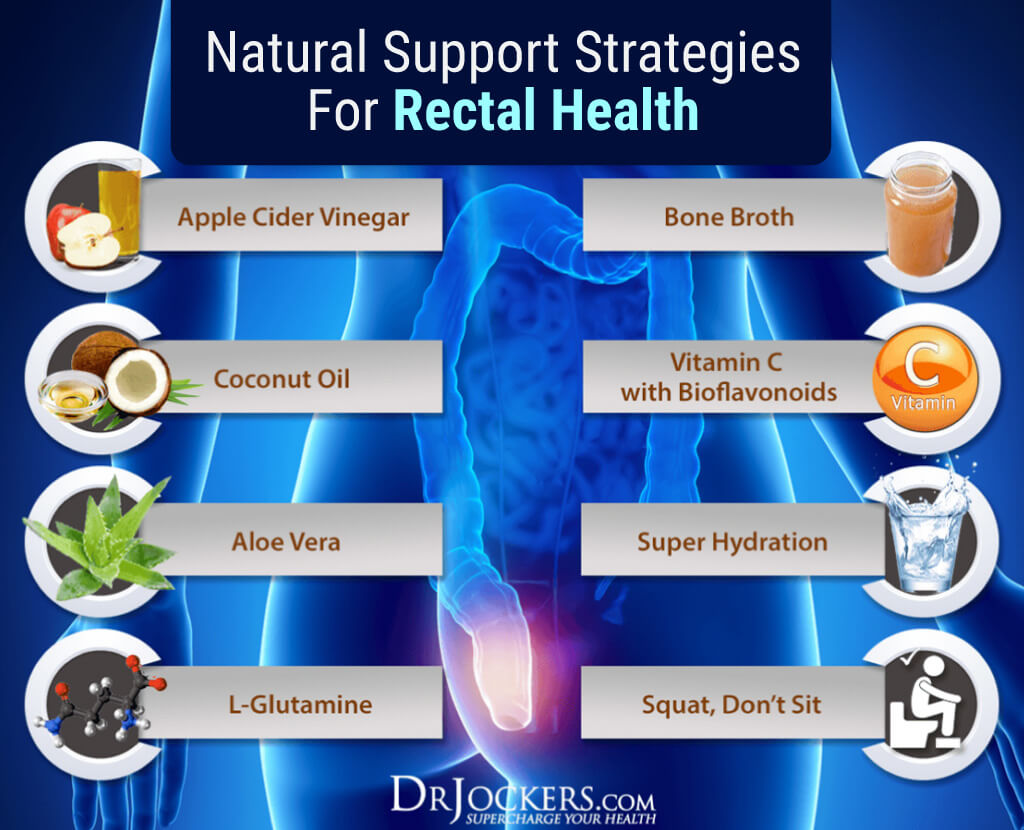
1. Apple Cider Vinegar:
The health benefits of apple cider vinegar are far-reaching beyond even what the Father of Medicine Hippocrates used it for to promote health.
The home remedies involving apple cider vinegar are due to its anti-inflammatory and antibacterial properties that promote digestion and gut health. Apple cider vinegar contains powerful antioxidant polyphenols which aid in detoxification and inhibit tissue damage and infection (15). (16)
Apply a few drops of apple cider vinegar (do not soak) to a cotton swab and directly apply to an external hemorrhoid. You may experience a common burning sensation but the swab should be applied for a few moments. If you are looking for a hot water soak, next time you take a bath add half a cup of apple cider vinegar to the water to reduce pain associated with inflammation and swelling from the hemorrhoid.
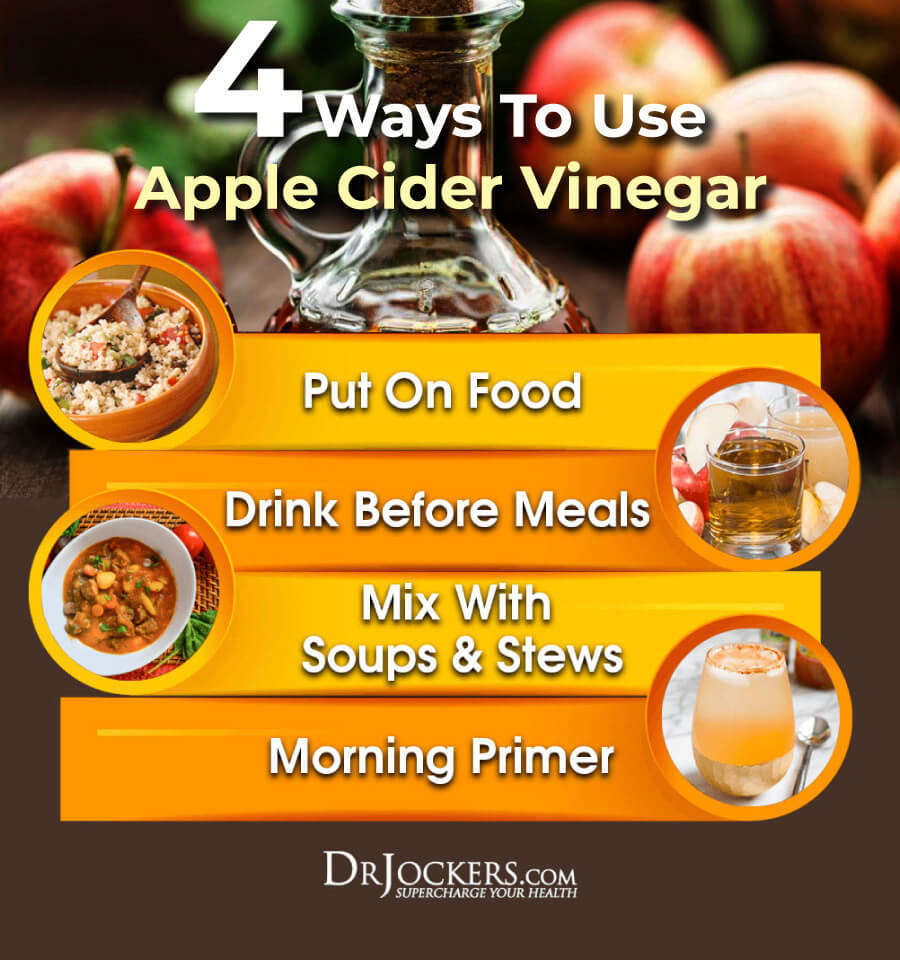
2. Coconut Oil:
Coconut oil can help with hemorrhoid relief by alleviating problems with constipation, indigestion, and digestive dysfunction. Coconut oil contains lauric acid, a medium chain triglyceride, which is broken down into a stringent antibacterial agent called monolaurin (17).
Coconut oil treats damaged tissue lining along the stomach and intestines which causes inflammation (18). This inflammatory response leads to harmful bacterial concentrations and more severe health problems related to gut health such as autoimmune diseases.
Apply coconut oil using a cotton ball to hemorrhoids for soothing symptom relief from itching and pain. You may also try soaking in a bathtub with about a half cup of coconut oil added to help reduce painful swelling relating to external hemorrhoids.
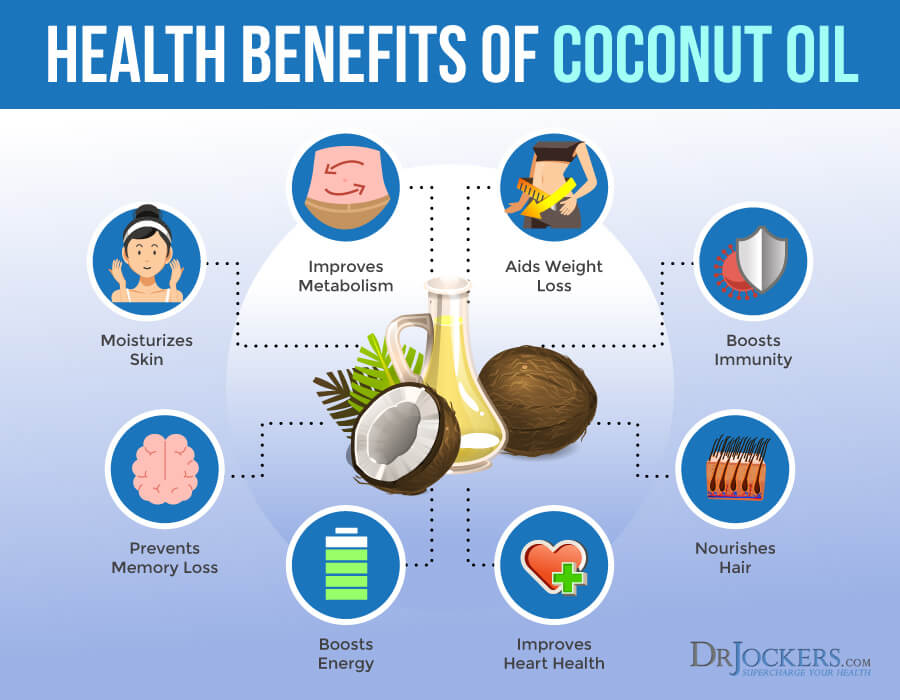
3. Aloe Vera:
Aloe vera extract is a powerful medicinal plant that improves gut function, reduces inflammation, and promotes a healthy bowel movement. Studies show that aloe vera extract may even be beneficial for individuals with IBS with symptoms like diarrhea (13). Aloe vera is also effective at enhancing detoxification and inhibiting pathogenic agents from inhabiting the gut (14).
Aloe vera may be taken orally to help with alleviating symptoms of both diarrhea and constipation and to improve irritants that can aggravate hemorrhoids. This plant also provides a soothing aloe gel that you can massage onto a hemorrhoid and the surrounding affected area for its anti-inflammatory properties.
I recommend drinking 8-16 ounces of aloe vera daily. I recommend getting an organic aloe vera juice that is in a glass container and has no additives or preservatives. The aloe vera juice I use personally can be found here
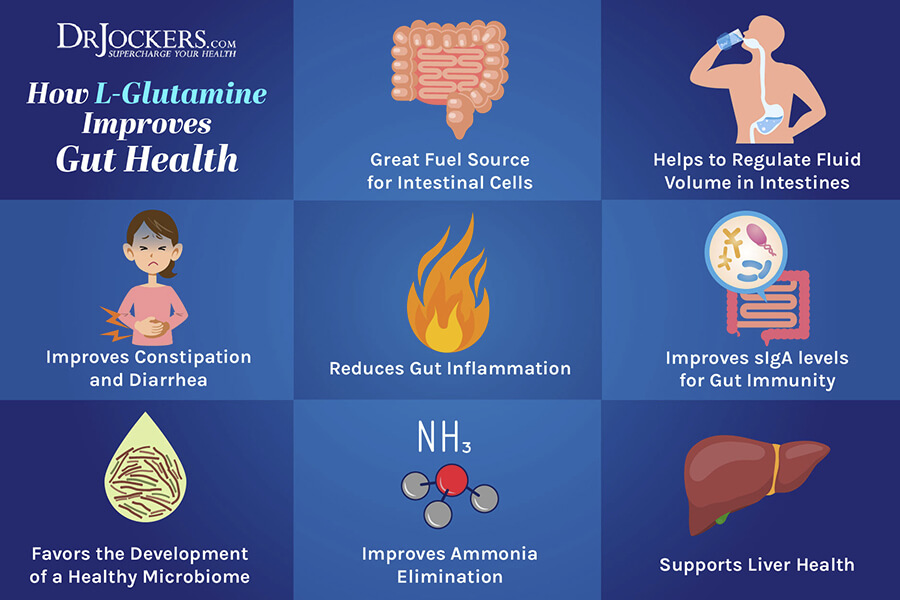
4. L-Glutamine:
The essential amino acid L-glutamine is required in high quantities by your body to preserve gut health. L-glutamine has been shown to help repair complications associated with leaky gut and irritable bowel syndrome (IBS). Individuals in a 2 week study supplementing L-glutamine into their diets were shown to have improved intestinal permeability and preserved mucosal lining in the gut. (9, 10)
Arabinogalactan and DGL (deglycrrhizinated licorice extract) are two other powerful components that can be used in combination with L-glutamine to enhance digestive function.
Arabinogalactan is a dietary fiber that stimulates antiviral and antibacterial effects on the gut. This polysaccharide supports gut microflora by contributing to the supply of short-chain fatty acids (SCFAs) which serve as an energy source for beneficial bacteria (11). DGL is an adaptogenic herb that also thickens the mucosal lining of the gut and aids against an unhealthy inflammatory response that can cause hemorrhoids (12).
To help maintain optimal gastrointestinal support, consider Gut Repair. Along with the key nutrient aloe vera mentioned above, Gut Repair contains specialized compounds L-glutamine, arabinogalactan, and DGL that soothe the intestinal membrane and enhance gastrointestinal function. This dietary supplement contains essential nutrients which researchers have shown increase a healthy gut microbiome and intestinal mucosal membrane.
5. Bone Broth:
Bone broth is dense with nutrients that improve digestion, prevent constipation, and support colon health. Bone broth is an excellent way to hydrate the intestines and build bulk to stool helping it to soften and pass without increased staining and stress on veins.
Consider supplementing your shakes and smoothies with bone broth protein. This protein powder is rich in amino acids and minerals such as glutamine, proline, hyaluronic acid, selenium, sulfur, magnesium, and calcium. These nutrients help repair and strengthen the gut lining to promote optimal detoxification, maintain digestion, and reduce inflammation. (8)
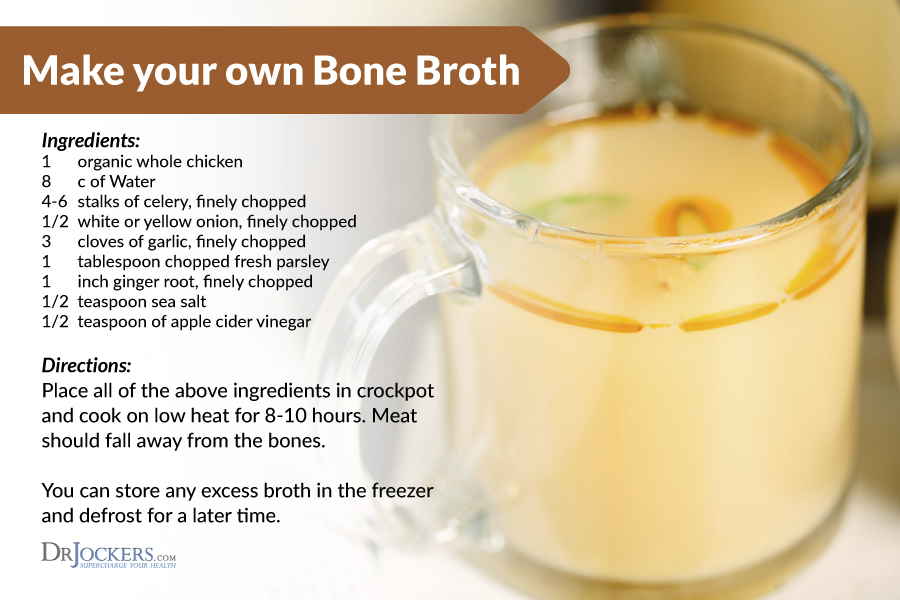
6. Vitamin C with Bioflavonoids:
Bioflavonoids improve vascular tone, decrease capillary permeability, improve lymphatic drainage, lower venous capacity, and exhibit responses anti-inflammatory in nature. Bioflavonoids for hemorrhoid treatment were shown in a trial with 1514 people to decrease the risk of itching by 35%, recurrence by 47%, pain by 65%, and bleeding by 67%. (5)
Rutin is a citrus bioflavonoid that is best taken in combination with vitamin C. It is abundantly obtained from a plant-based diet with lemons, grapefruit, asparagus, and other fruits and vegetables.
Super C antioxidant support provides a 1:1 ratio of vitamin C and a citrus bioflavonoid complex. This combination of critical nutrients helps to reduce inflammation and improve the healing process of damaged tissue. In this way, it can be very helpful for digestive and rectal health (7).
7. Super Hydration For Good Digestive Health:
Increasing oral fluids is one of the first lifestyle changes recommended to patients struggling to find relief from their hemorrhoids. Optimal hydration improves lymphatic drainage and has total body inflammation-reducing effects.
Straining the abdomen and pelvic floor muscles while having a bowel movement may be easily treated by avoiding constipation. Hydrating throughout the day with purified water and herbal teas is a great way to loosen stool making having a bowel movement easier.
8. Squat, Don’t Sit To Prevent Hemorrhoids:
The conventional use of our seemingly more civilized toilets may be one reason that people suffer from hemorrhoids and other colon health problems.
Once you find your way to the toilet, don’t sit but rather squat. One tip on doing so is to have a step stool near your home toilet which you can place your feet up on and may be helpful for elderly or handicapped individuals.
Squatting is common in undeveloped countries and is a natural position to go to the bathroom. Doing so removes strain from the rectum while relaxing muscles which better allows the passing of a bowel movement and prevents bleeding from swollen veins. Furthermore, when you have the urge to use the bathroom, allow your body to have a bowel movement immediately rather than waiting to avoid problems like constipation which can lead to hemorrhoids. (6)
Other Tips to Support Digestive and Rectal Health
Here are some additional strategies to support hemorrhoid complications and improve your rectal health:
-
- Avoid caffeine and alcohol which can cause dehydration and constipation.
- Avoid both unhealthy fats like fried foods and processed goods and certain spices that can irritate and worsen hemorrhoids.
- Eat well and add fiber-rich fruits and vegetables into your diet to improve digestion and decrease the transit time in which stool sits in the colon.
- Eliminate any known allergens from your diet that can cause constipation. Common triggers include gluten, eggs, conventional dairy, and shellfish.
- Include fermented foods in your daily meals to maintain healthy gut bacteria and improve stool evacuation from the digestive tract.
- Maintain a healthy weight. Obesity is a common risk factor associated with hemorrhoids.
- Exercise regularly to increase the likelihood of having a regular bowel movement.
- Don’t wait for the urge to use the bathroom pass. The bowel not only loses its softness from water being taken back up into the body but it also allows toxins to be absorbed as well.
- Limit your need to stay seated for long periods of time. Doing so puts pressure on the veins in the rectum and anus just as it would as if you were sitting on a toilet for too long.
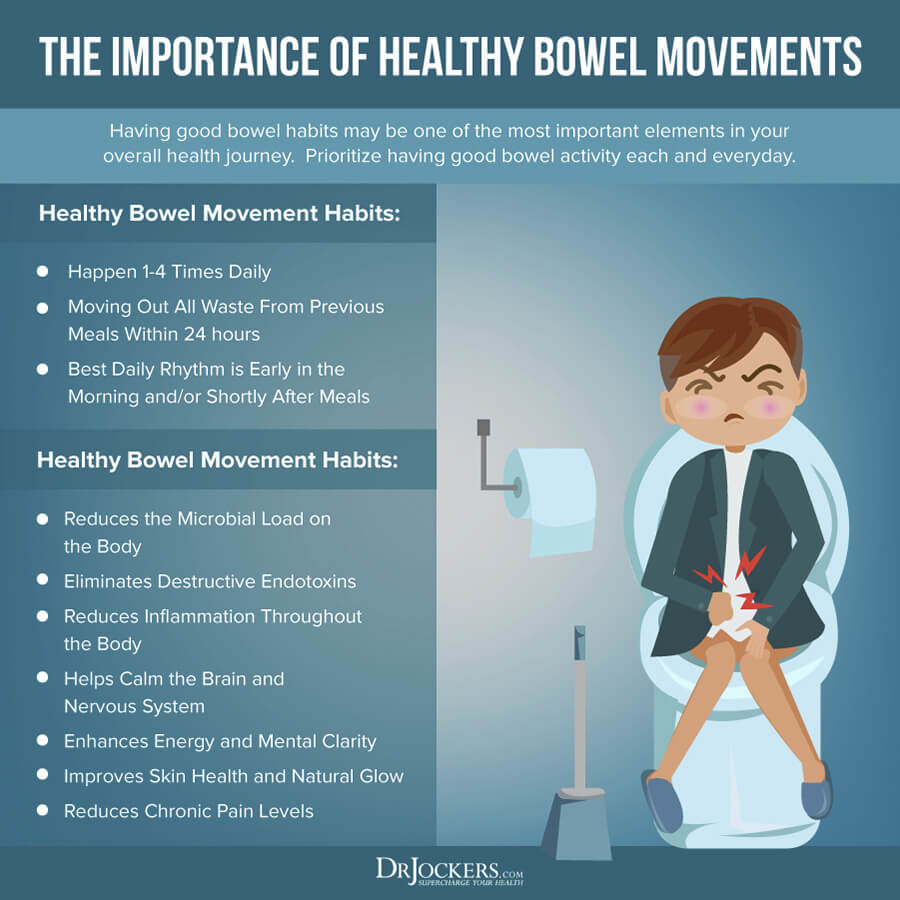
If you want to work with a functional health coach, I recommend this article with tips on how to find a great coach. Our website offers long-distance functional health coaching programs with our world-class team of health coaches. For further support with your health and other goals, just reach out—our fantastic coaches are here to support your journey.
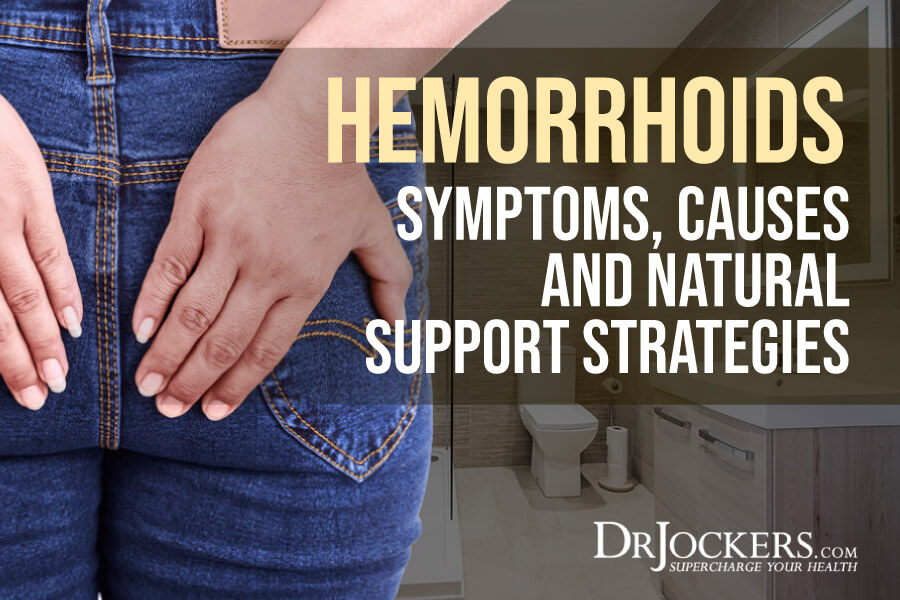




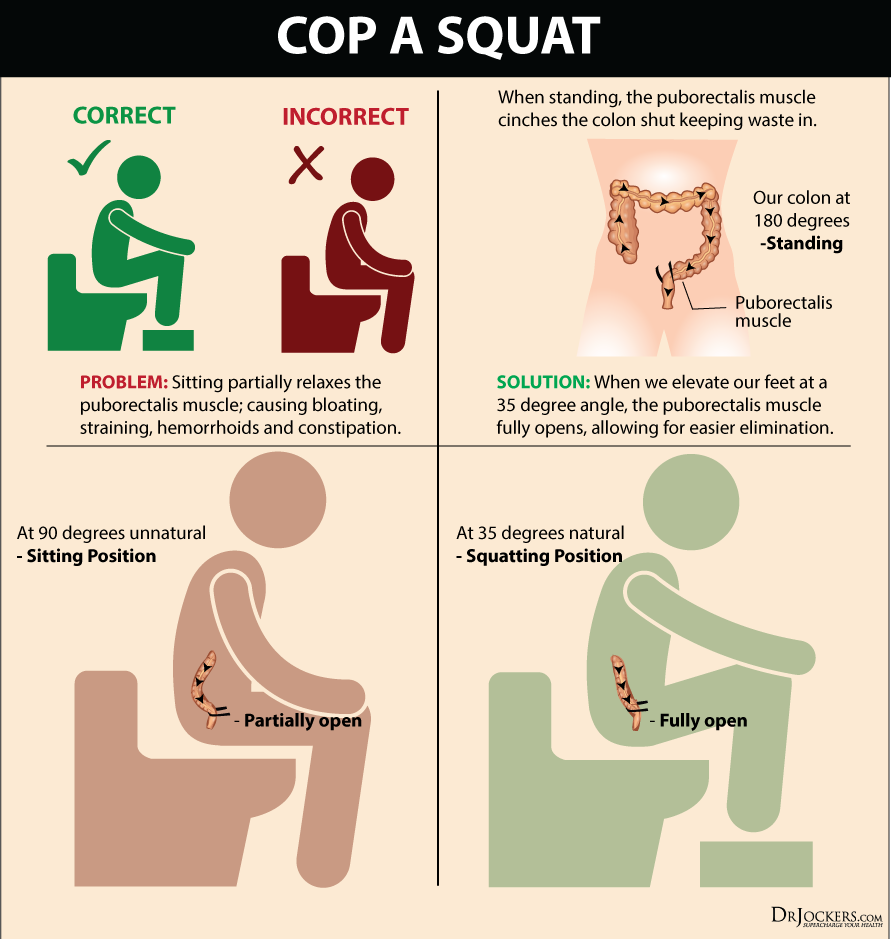
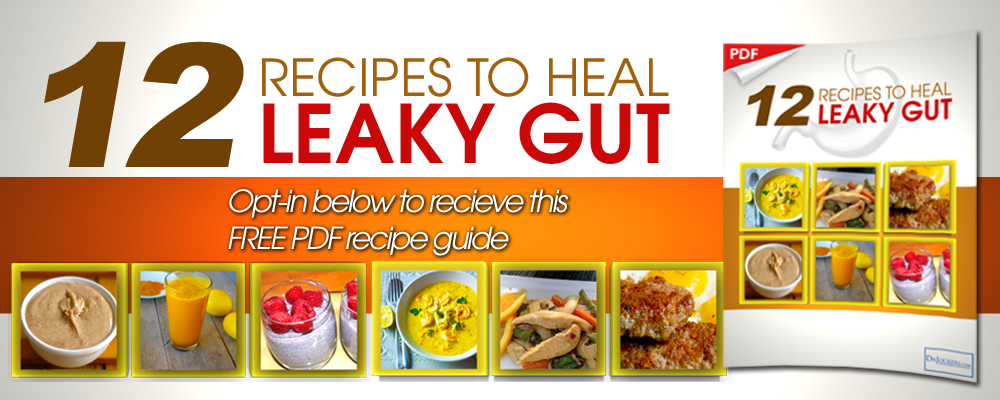




As I’m navigating your site, I keep seeing missing images. Any updates on when those images will reappear?
I haven’t noticed that issue Mari! Any articles in particular?
Totally agree on the part of squatting! We actually use the squat stool here at the nursing homes. It helps much better than the prune juice. Demographics in certain countries have also shown that squatting while passing motion will help reduce the incidence of constipation and hemorrhoid issues.
Hi Chen, That is great to hear. Thank you for sharing!